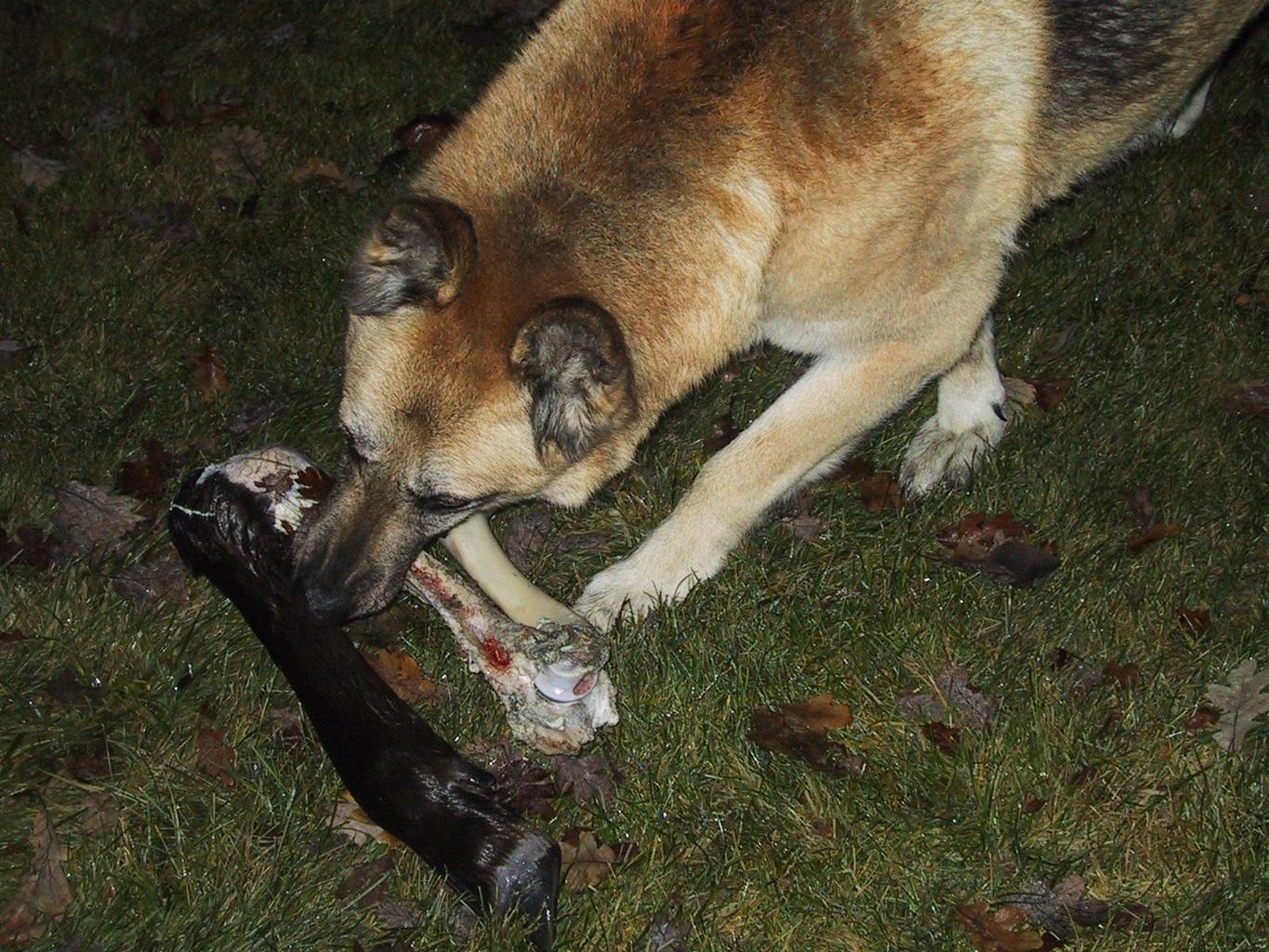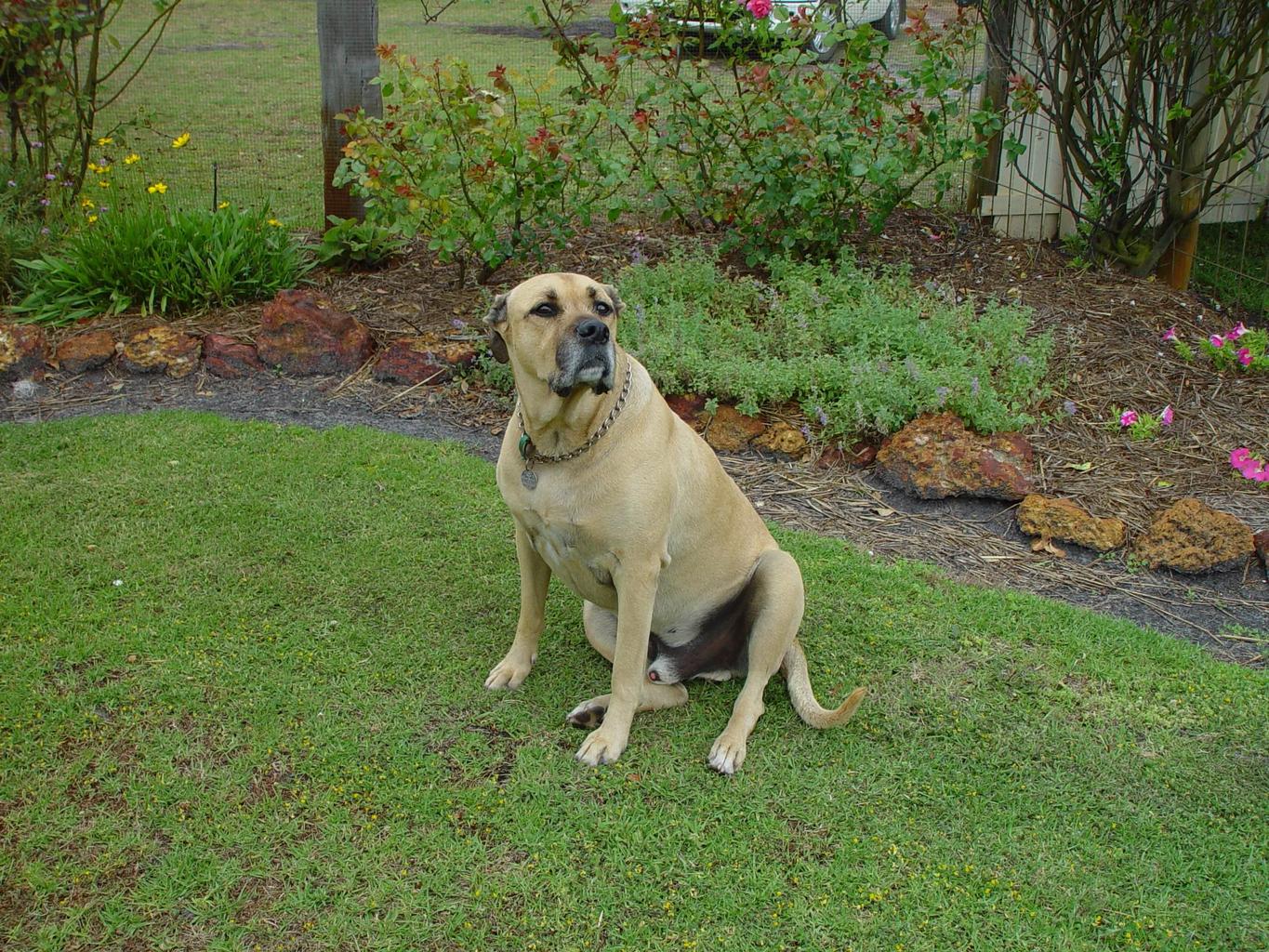Dogs are known for their playful nature, loyalty, and their unconditional love. But what happens when your furry friend becomes infested with parasites? It’s important to know how to spot and cure these pesky pests so that your dog can continue to be healthy and happy. In this article, we will discuss the different types of parasites that can affect your dog and how to prevent and treat them.
Say Woof to a Pest-Free Pooch!
Keeping your dog parasite-free not only ensures their healthy lifestyle but also helps in preventing the spread of these parasites to humans. Fleas, ticks, and worms are the most common parasites that can cause discomfort and even serious illness in dogs. It’s important to take preventative measures such as regular grooming and applying tick and flea medication to keep these pests at bay.
Fleas are tiny, wingless insects that feed on blood and can cause severe itching and skin irritation. If you notice your dog excessively scratching or biting at their skin, it’s essential to check for fleas. Ticks are also bloodsuckers that can cause Lyme disease and other serious illnesses. Regularly checking your dog for ticks after walks or hikes and using tick repellent products can help prevent tick infestations.
Don’t Let Parasites Bug Your Best Friend!
Worms are another type of parasite that can affect your dog’s health. The most common types of worms include roundworms, hookworms, and tapeworms. These parasites can cause weight loss, vomiting, and diarrhea in dogs. Regular deworming treatments and keeping your dog’s environment clean can prevent worm infestations.
Preventing parasite infestations requires regular care and attention to your dog’s well-being. Regular grooming, using preventative medications, and keeping their environment clean are all important steps in keeping your furry friend healthy and happy. If you suspect your dog has a parasite infestation, it’s essential to consult your veterinarian for proper diagnosis and treatment.
Your dog is your loyal companion; it’s essential to keep them healthy and comfortable. By taking preventative measures such as regular grooming, using tick and flea medications, and keeping their environment clean, you can ensure a parasite-free pooch. With these tips and tricks, you can say "woof" to a pest-free pooch and enjoy many happy years together.






